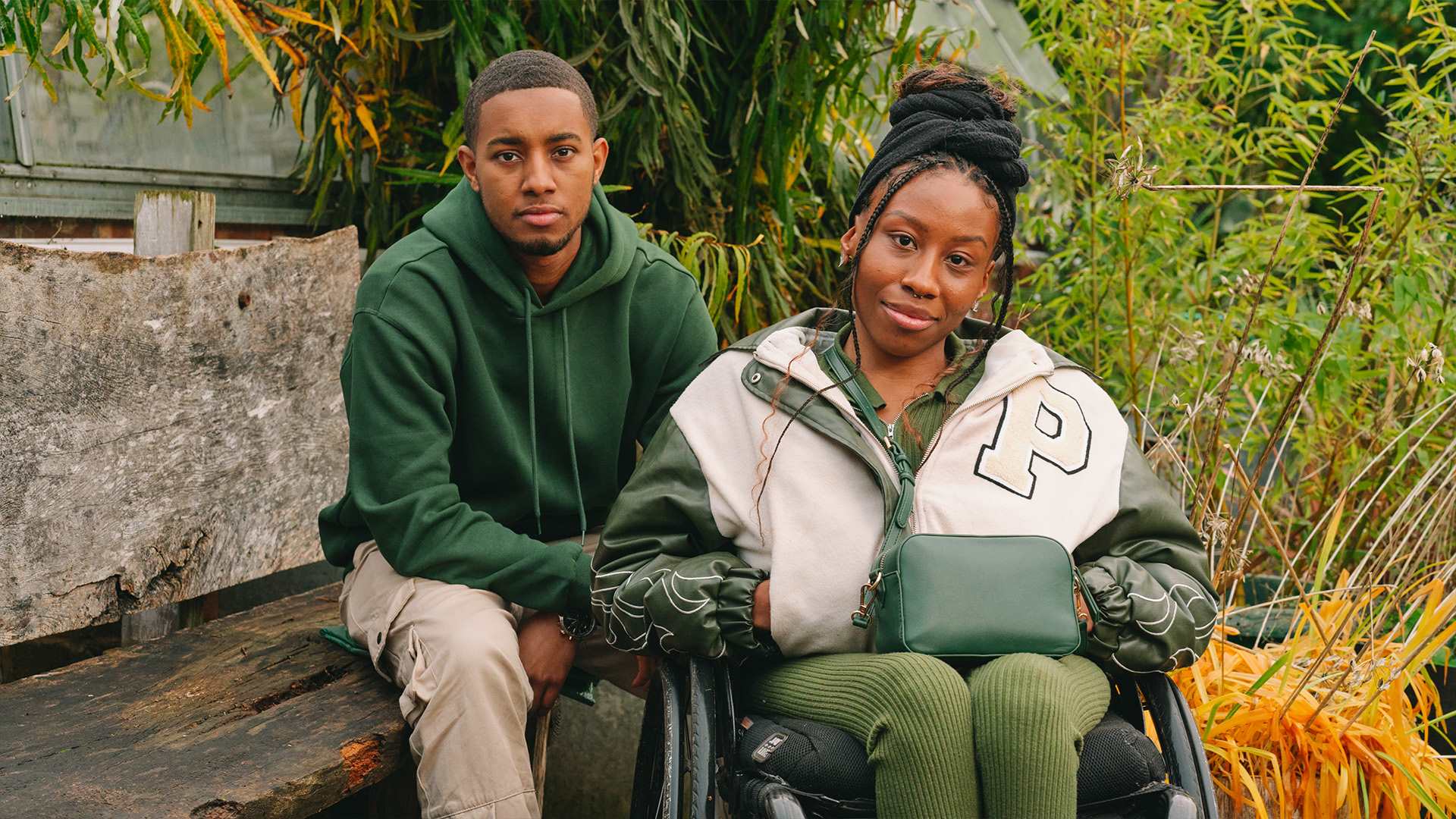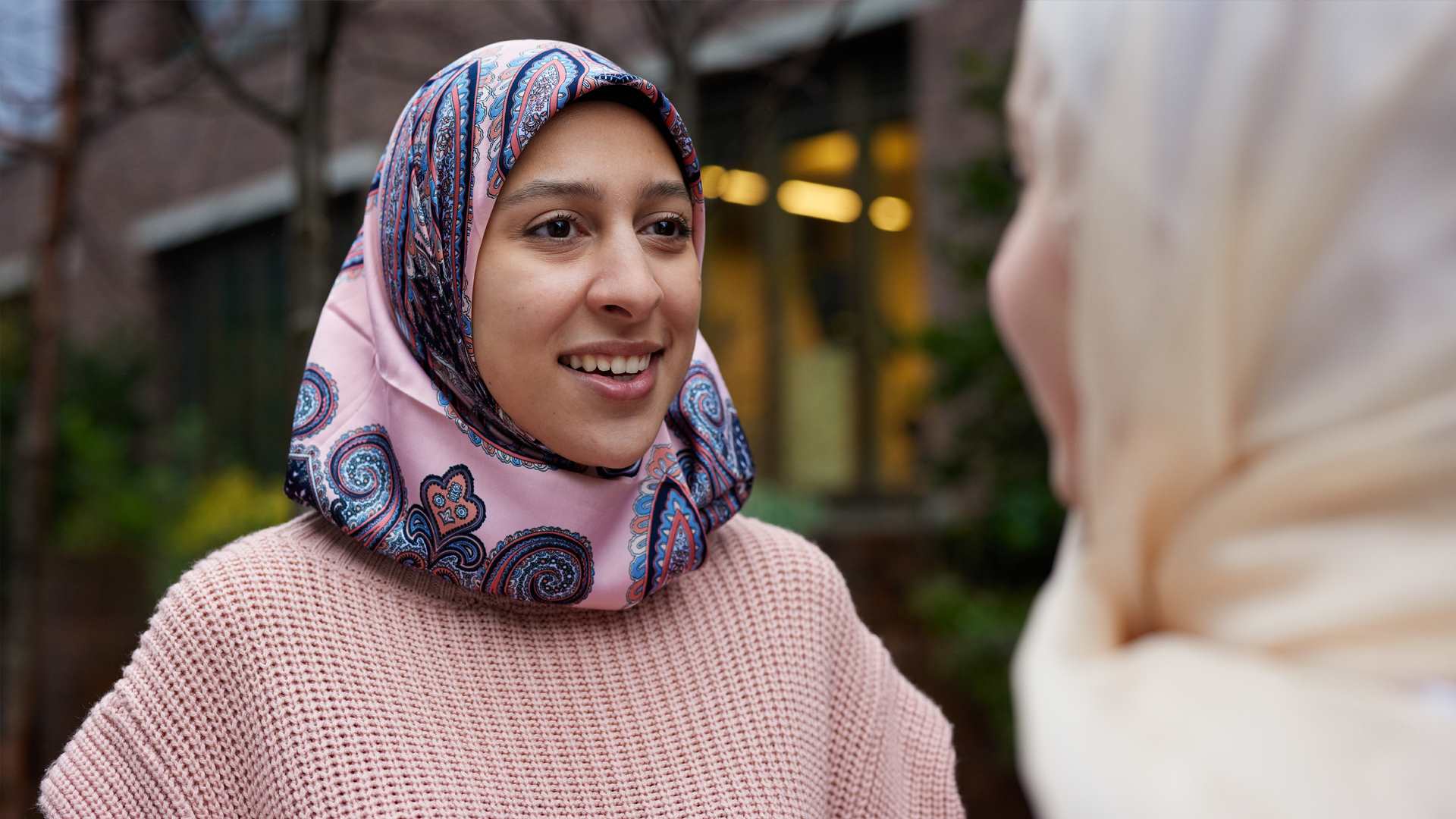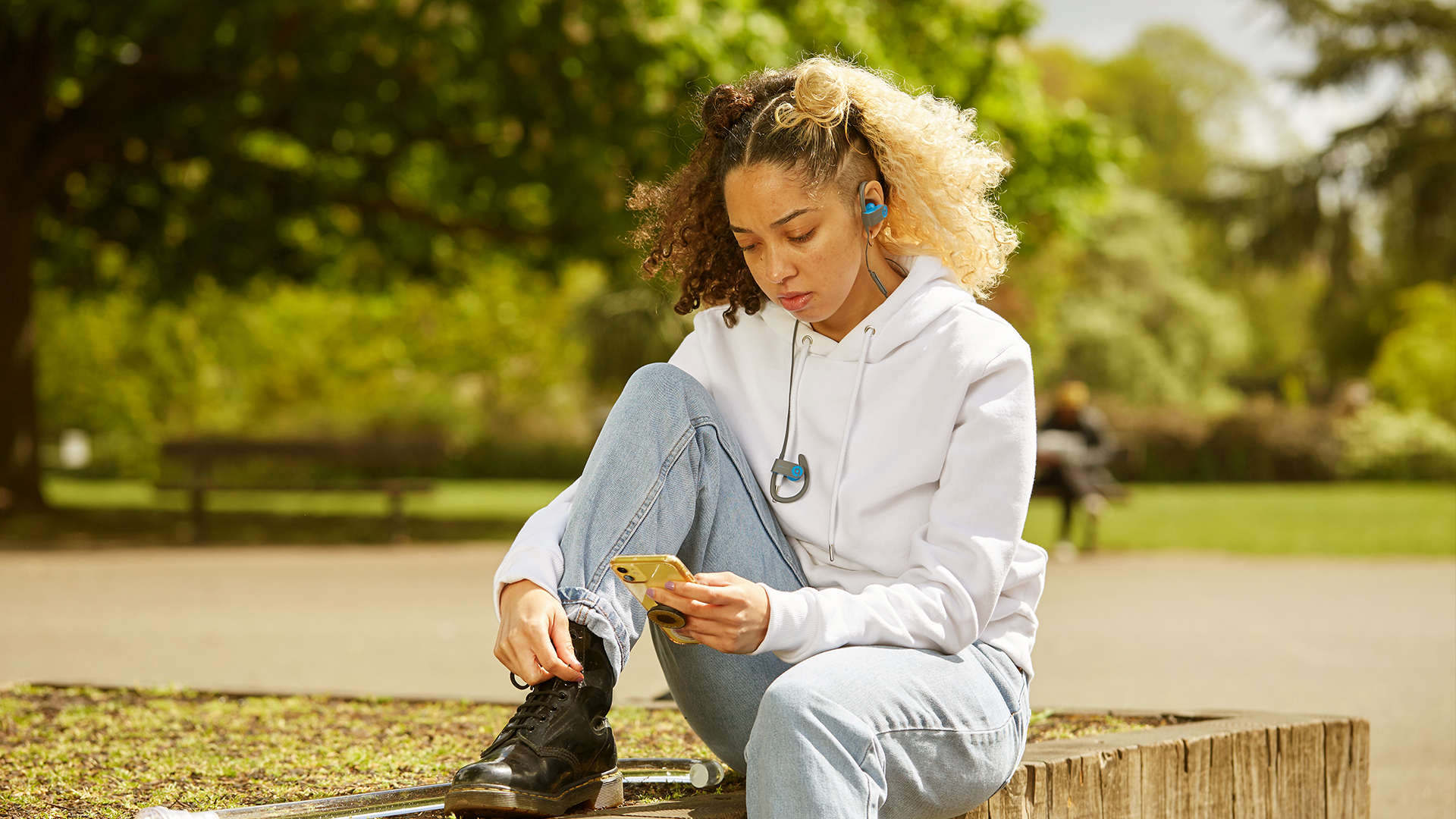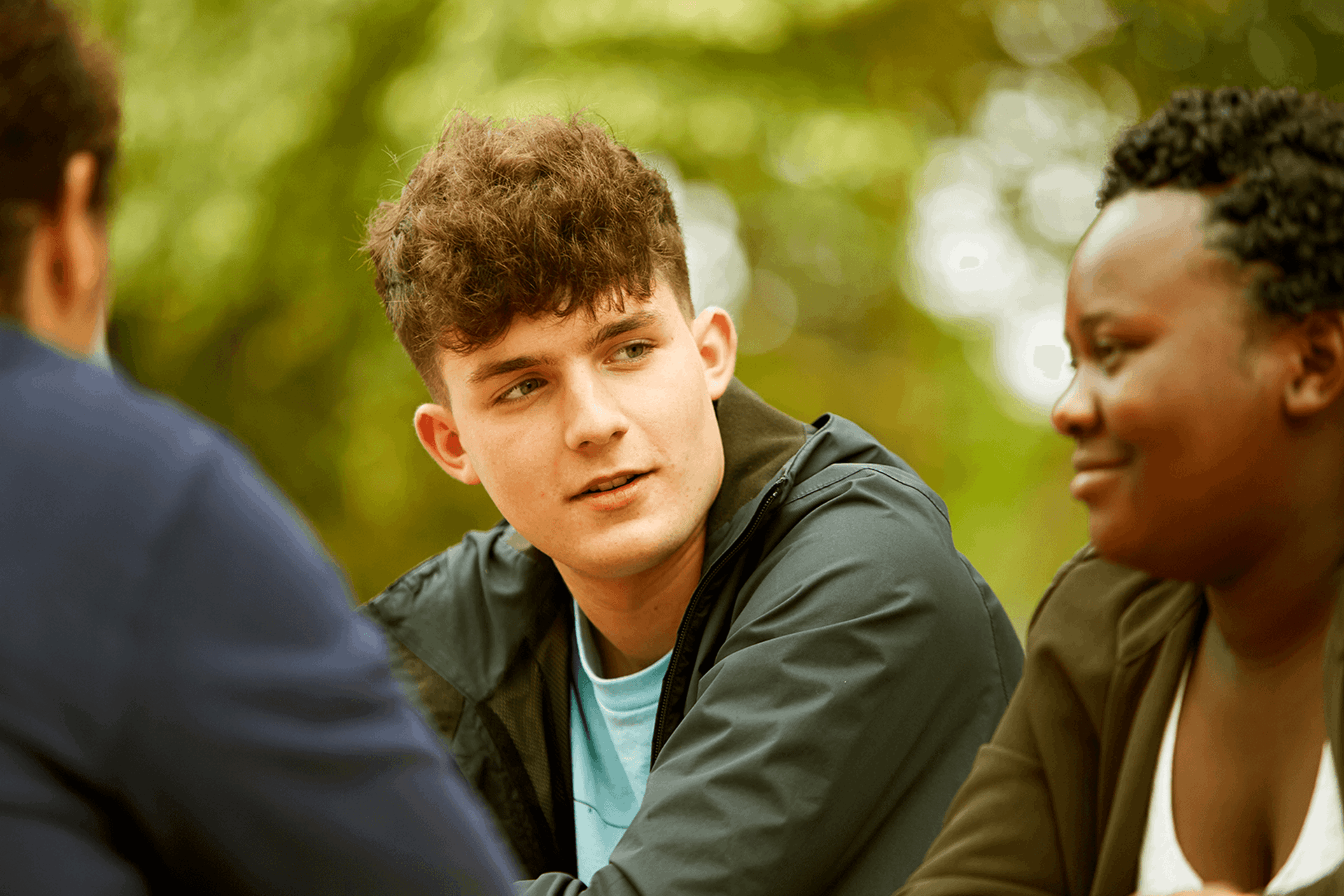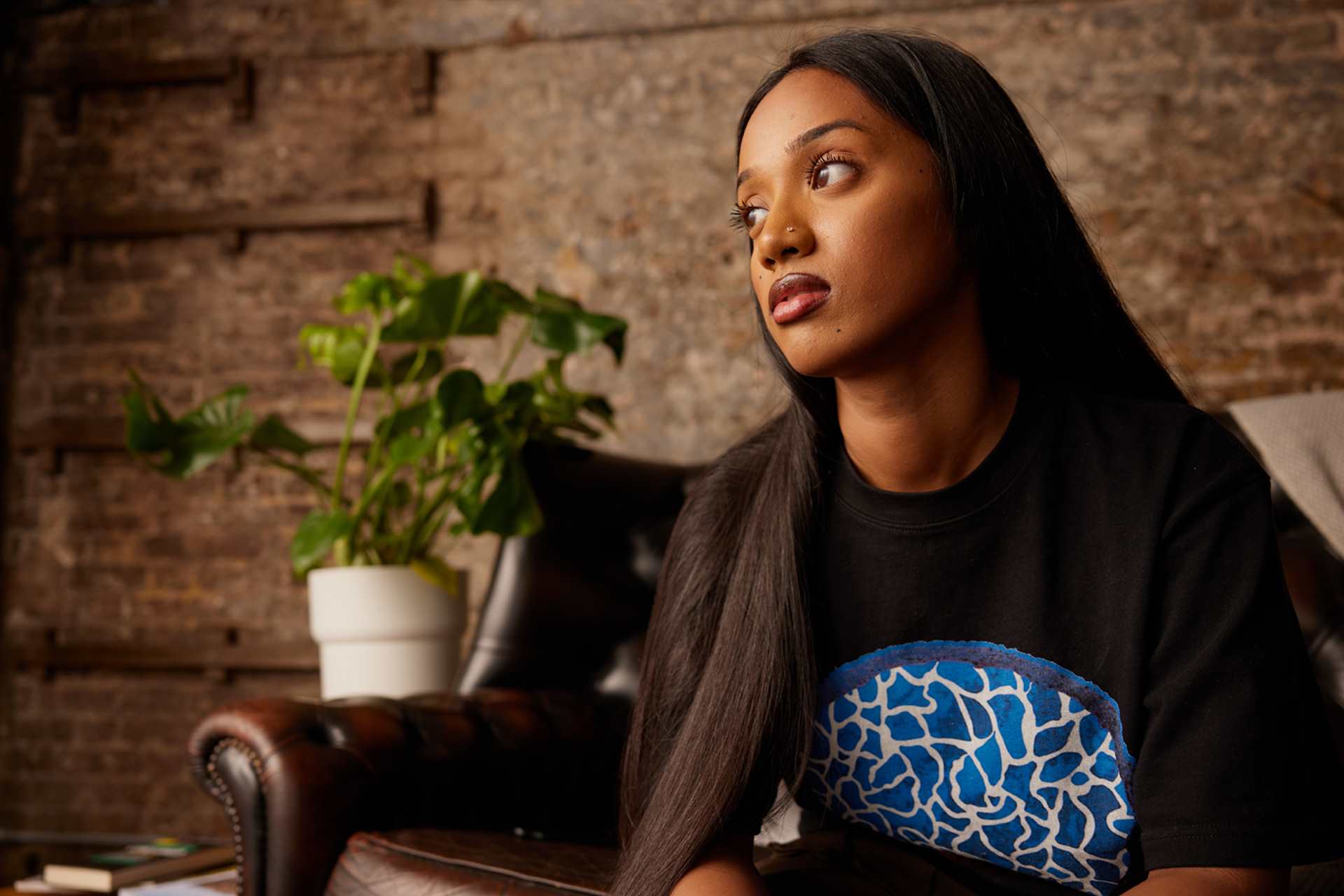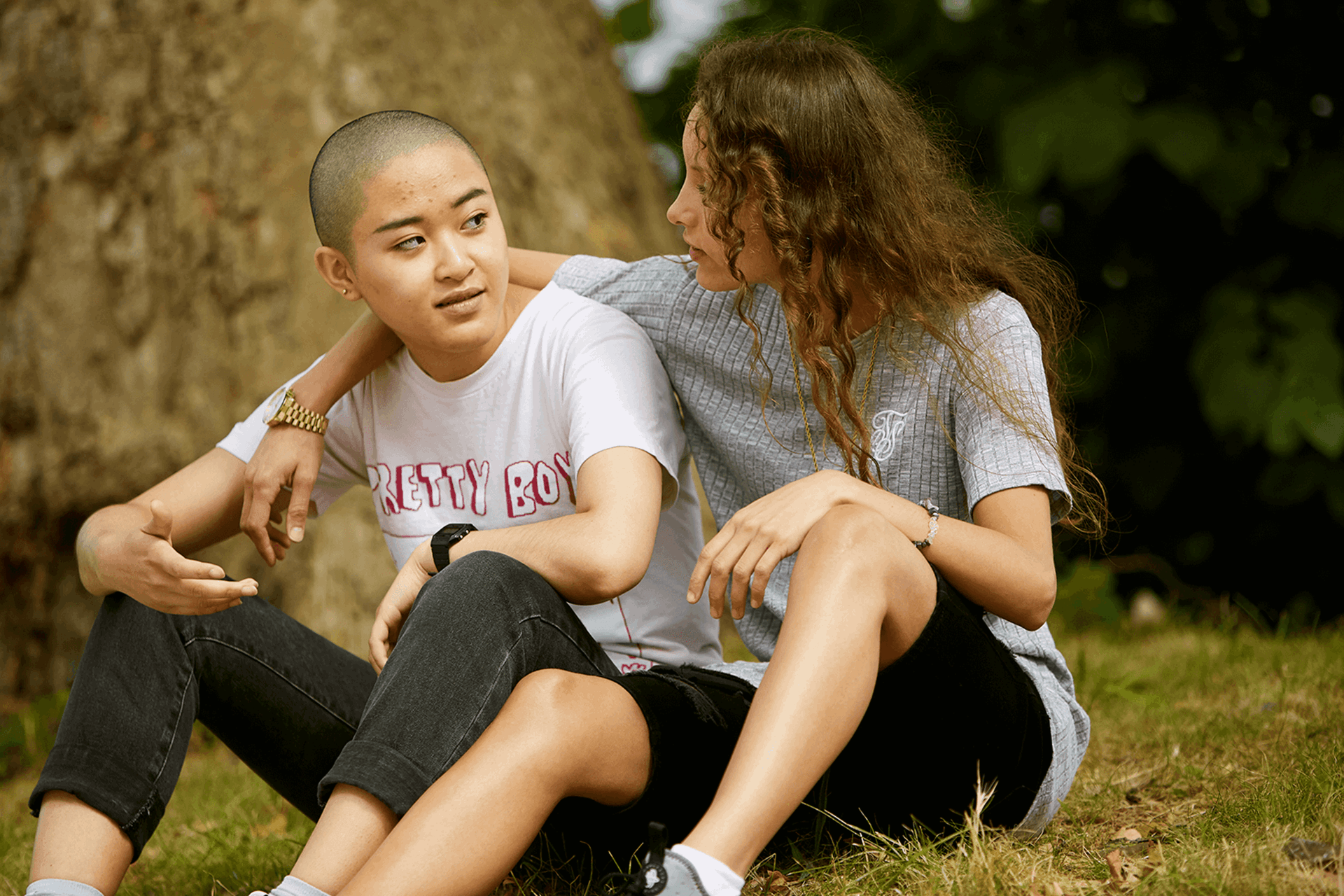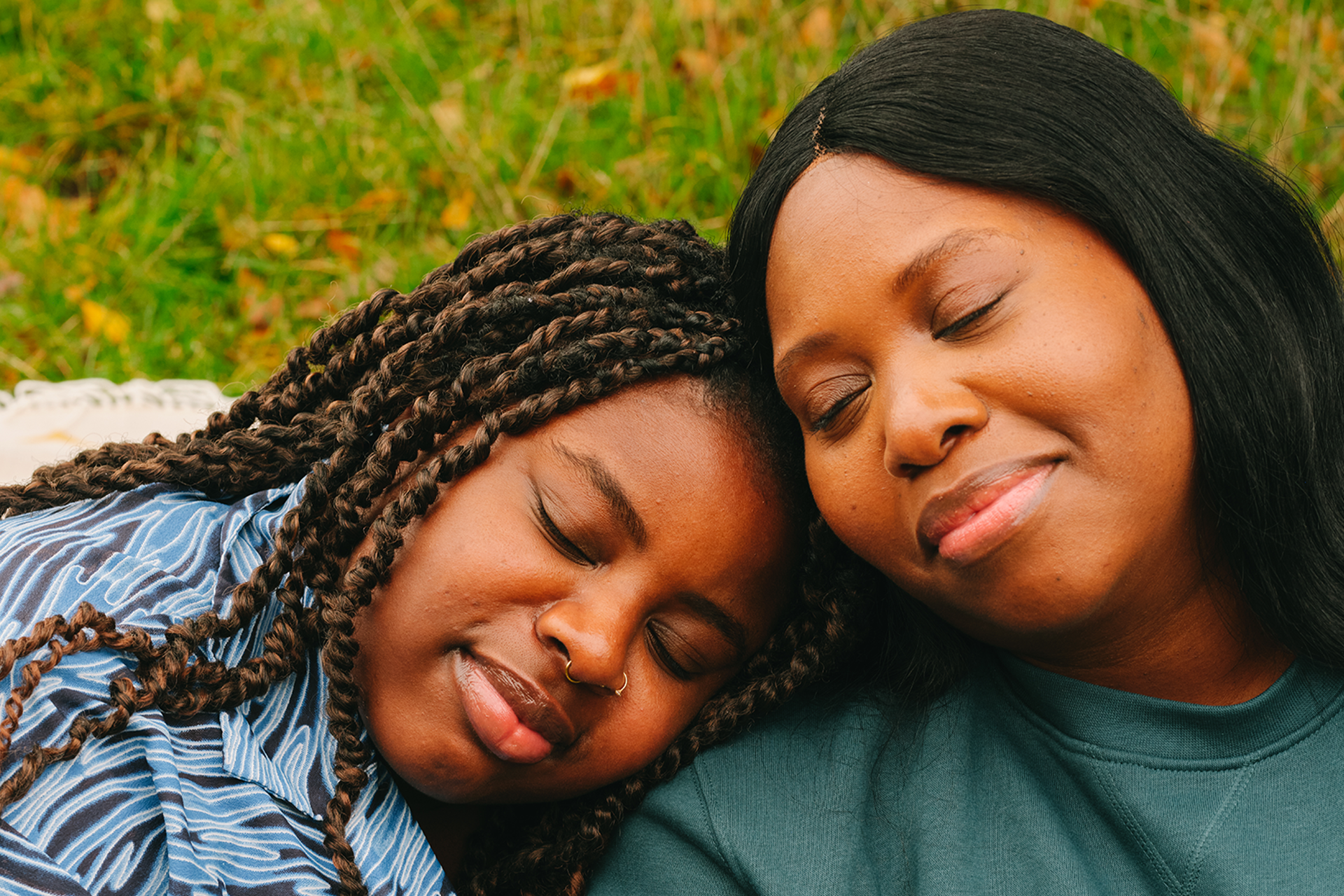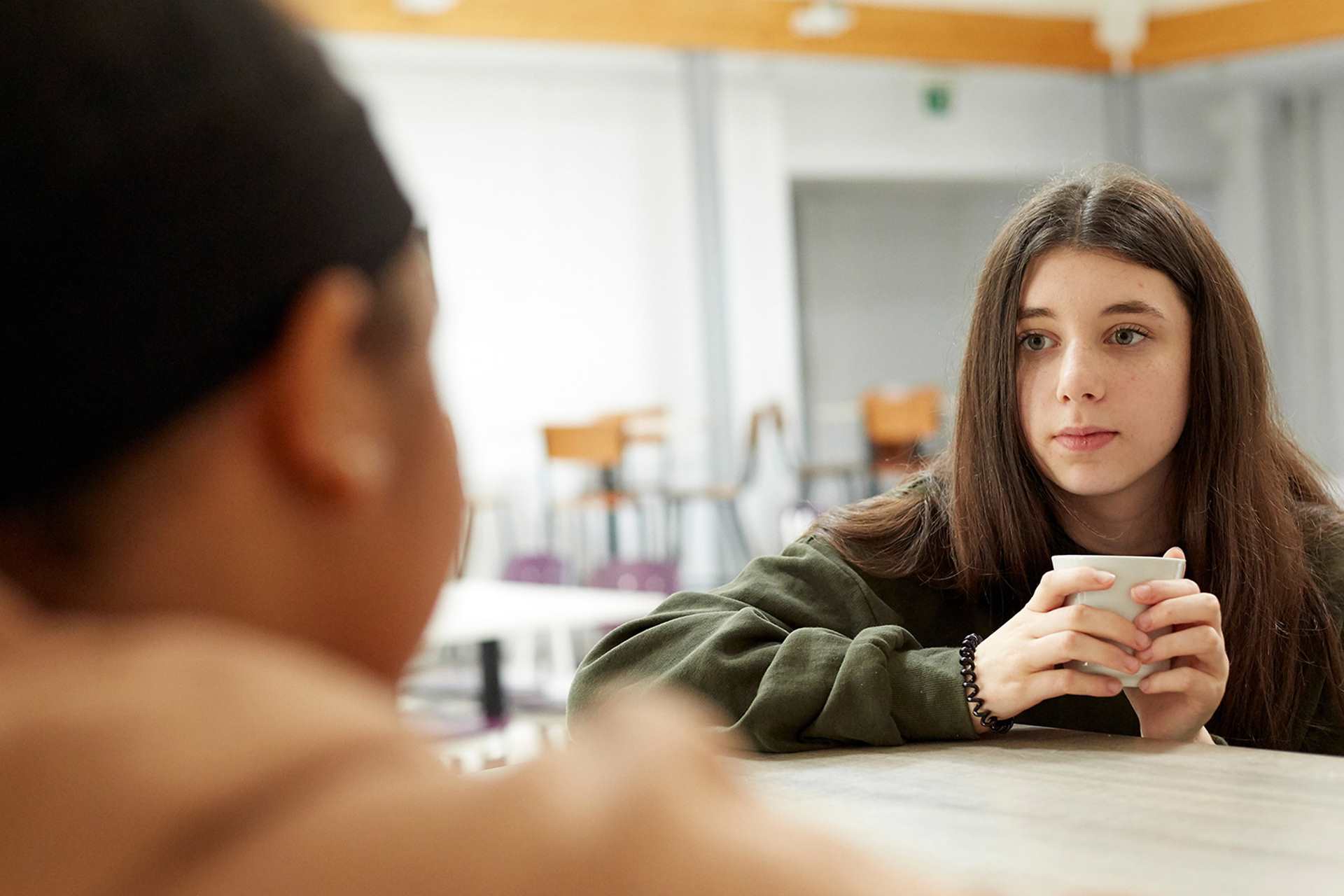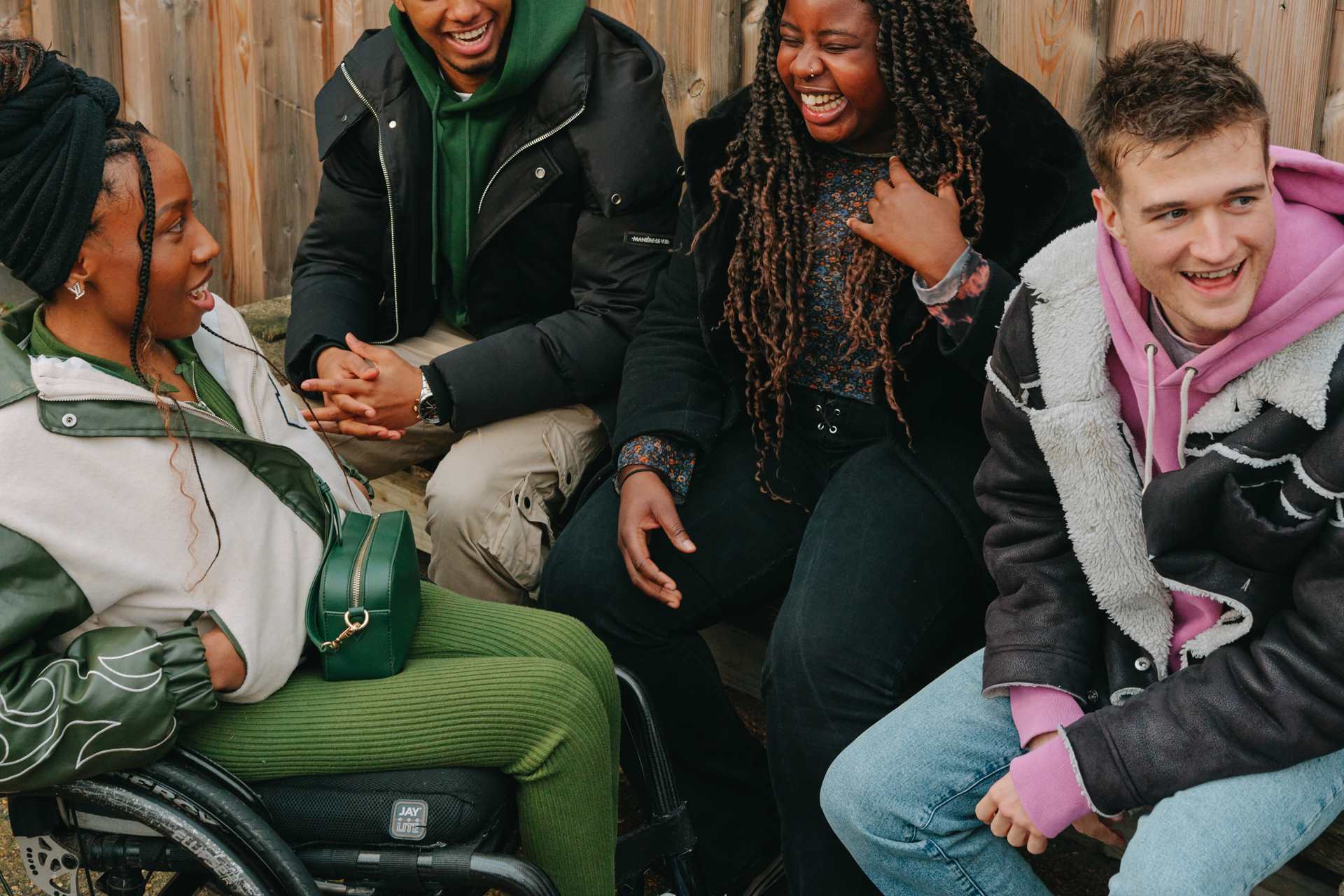What is PTSD?
Post-traumatic stress disorder (PTSD) happens after you experience something really frightening and distressing, like:
- a violent or sexual assault
- abuse
- a serious accident
- serious health issues
These are some examples, but any experience that feels traumatic to you can lead to PTSD. Complex PTSD (C-PTSD) comes from long-term trauma, like ongoing abuse or neglect.
If you think you’ve got PTSD, it can be overwhelming. You might have flashbacks, nightmares, or anxiety, and it can make moving on and everyday life tough.
But there’s support out there for you, and we’re here to help you find it.
The symptoms of PTSD
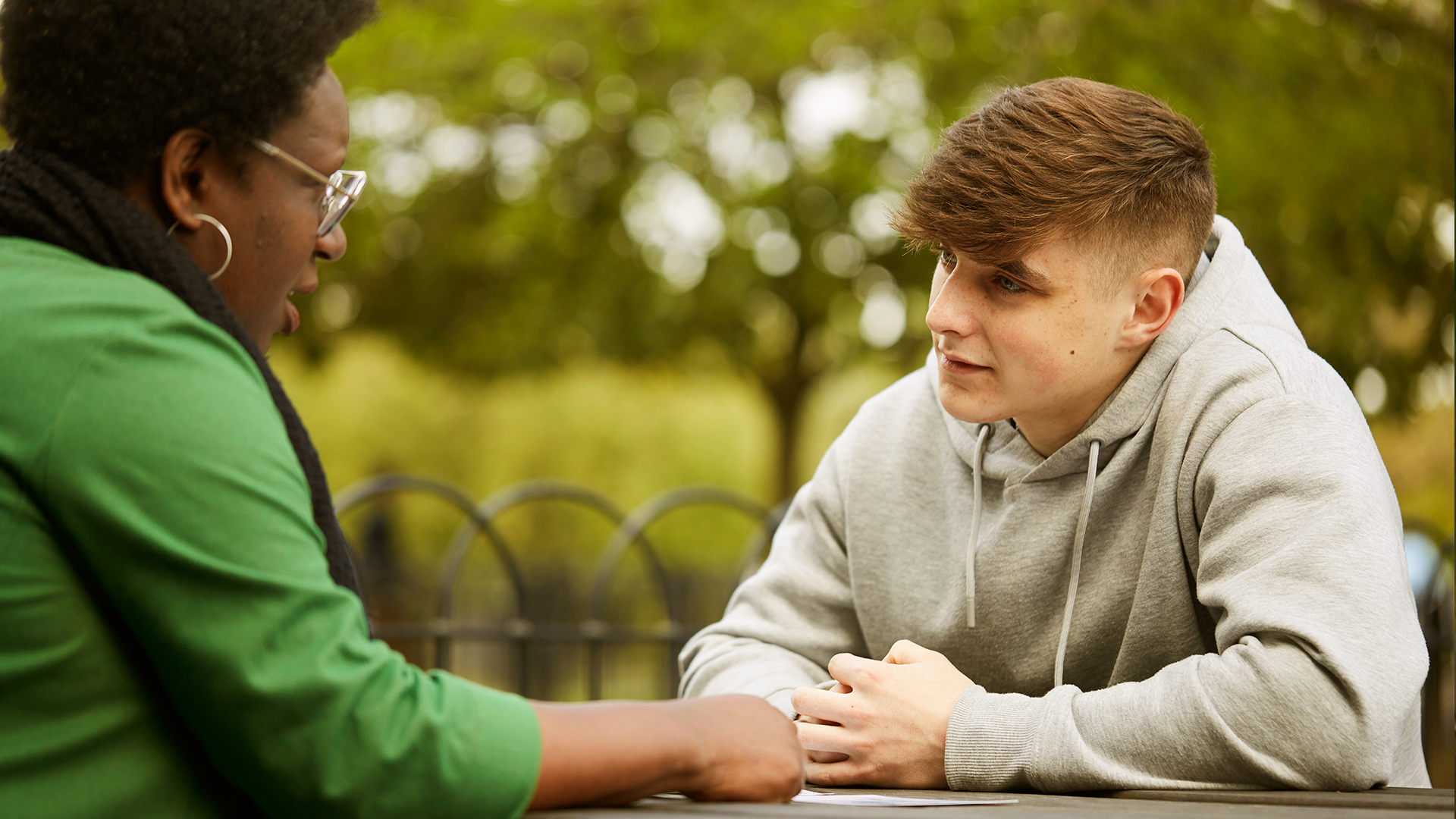
PTSD symptoms can show up right after something traumatic, or weeks, months, even years later.
The main signs of PTSD are:
- flashbacks or nightmares
- avoiding triggers and difficult feelings by staying busy
- feeling tense and on edge, like it’s going to happen again
You may also notice:
- anxiety
- anger or irritability
- sleep or eating problems
- survivor's guilt (feeling bad that others had it worse)
- depression
- problems with alcohol or drugs
- stomach problems
- muscle aches
- trouble remembering the traumatic event
Getting help and support for PTSD
If you've been through something traumatic and are struggling with PTSD symptoms, talk to someone you trust, like a teacher, family member, counsellor or friend.
You should also see your GP. They might refer you to Child and Adolescent Mental Health Services (CAMHS), a specialist, or a psychiatrist who can help you.
Treating PTSD
Tips from young people
Our Activists and other young people share their tips and advice on PTSD.
Here's some things that help me with flashbacks; cold shower to ground myself, writing it down and ripping up the paper, talking to someone about it, breathing techniques, mindfulness. You got this!
Find something to occupy your time rather than going back to past memories such as a new hobby like learning a new instrument.
I always find talking to someone I trust helpful in reassuring me and helping me balance my thoughts.
It’s okay to feel this way, reach out for help if you need because it’s always there. that moment may be hard to forget but it will get better.
Remember to take into account any of your triggers and ensure that the people around you support you and respect your boundaries and triggers.
You are not alone in how you feel. There is no straightforward or right way into recovery, and setbacks are normal.
Whilst the flashbacks and painful memories seem so real right now, remember that in this moment you are safe.
It’s okay, take a deep breath. Don’t be scared, you’re safe now. There are people that love you and will take care of you.
More information and support
Get help now
If you're struggling with PTSD symptoms, or just need extra support dealing with something tough, here are some services which can help you.
-
PTSD UK
Provides resources and support for people affected by Post-Traumatic Stress Disorder (PTSD). Their website has detailed information about PTSD symptoms, treatment options, and coping strategies, including personal stories, a directory of therapists, and resources to help individuals understand their condition and seek help.
-
Samaritans
Whatever you're going through, you can contact the Samaritans for support. N.B. This is a listening service and does not offer advice or intervention.
- Opening times:
- 24/7
-
Childline
If you’re under 19 you can confidentially call, chat online or email about any problem big or small.
Sign up for a free Childline locker (real name or email address not needed) to use their free 1-2-1 counsellor chat and email support service.
Can provide a BSL interpreter if you are deaf or hearing-impaired.
Hosts online message boards where you can share your experiences, have fun and get support from other young people in similar situations.
- Opening times:
- 24/7
Whether you love the page or think something is missing, we appreciate your feedback. It all helps us to support more young people with their mental health.
Please be aware that this form isn’t a mental health support service. If you are in crisis right now and want to talk to someone urgently, find out who to contact on our urgent help page.
At YoungMinds we take your privacy seriously. If you’d like to read more about how we keep the information we collect safe, take a look at our privacy policy.
